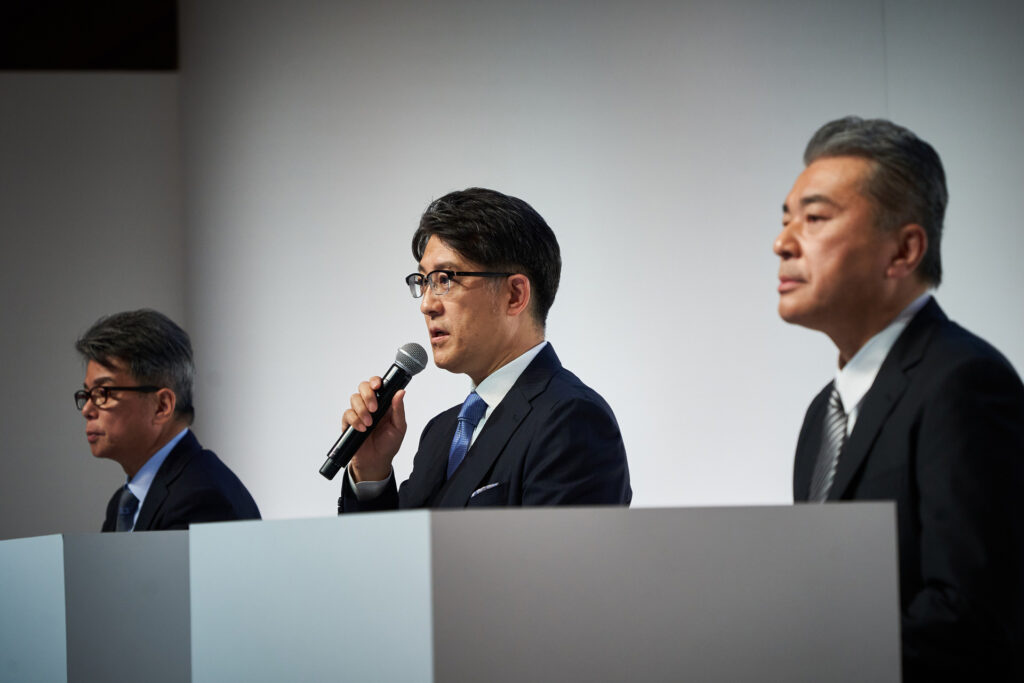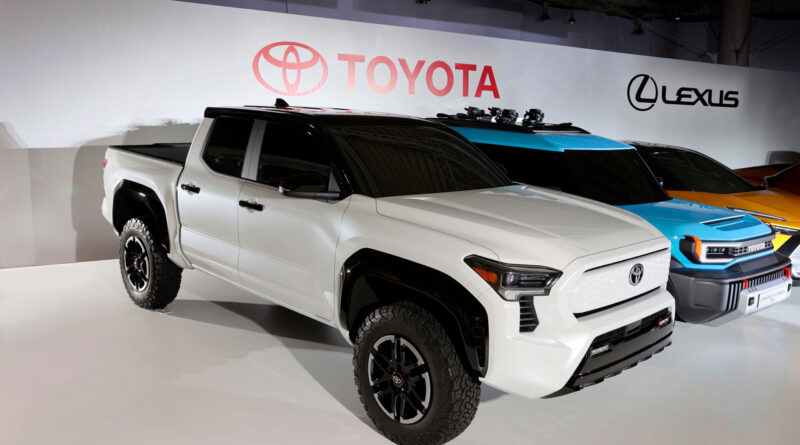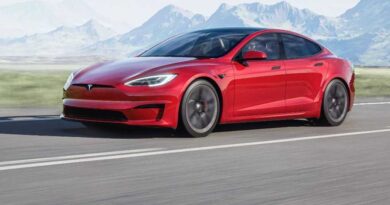Toyota accelerates EV commitment, confirms electric ute
An electric ute that starts production by the end of 2023 is part of a dramatic acceleration of Toyota ‘s adoption of electric vehicles.
Driven by new CEO Koji Sato, the new Toyota plan calls for 1.5 million Toyota EV sales by 2026, compared to 24,466 in 2022.
READ MORE: The electric year ahead: every EV coming to Australia in 2023
READ MORE: Complete guide to rebates, discounts and incentives when buying an EV in Australia
Officially replacing Akio Toyoda, Sato became Toyota chairman on April 1 and soon after confirmed the current e-TNGA architecture on which BEVs such as the bZ4X and Lexus RZ450e are based would be superseded by a dedicated architecture.
Sato declared Toyota and luxury brand Lexus would add 10 new EVs over the next three years based on both the new platform and a modified version of e-TNGA.
Key new product initiatives during the presentation include:
- an EV pick-up and small car for Asian and emerging markets to begin production by the end of 2023
- two new BEVs for China in 2024
- a new three-row SUV to be built in the USA from 2025
- Expansion of the bZ line-up in established markets such as the USA and Europe (and most likely Australia)
No further information was offered about the pick-up or any other models, but a ute was part of a previous Toyota commitment to launch 30 EVs by 2030.

Sato stressed that Toyota’s BEV expansion would not come at the cost of hybrids, with which Toyota has enjoyed enormous sales success.
Toyota will “strengthen” hybrid sales and “increase” the number of plug-in hybrids it offers. The target is a 200km-plus driving range for PHEVs, which will be repositioned as the “the practical BEV”.
Development of fuel cell electric and hydrogen engine technologies championed by Toyoda will also continue.
“From now on, we aim to transform into a mobility company.,” said Sato.
“Toyota’s mission is ‘producing happiness for all’. We want to protect the beautiful Earth and enrich the lives of people around the world. For the car to continue being a necessary part of society, we need to change the future of the car.”
Sato said Toyota’s new dedicated architecture will enable EVs to double their range thanks to more efficient battery use and require half the investment and development resources.
The company also plans to slash costs and CO2 emissions by revamping its manufacturing plants. Automation will be ramped up dramatically.
During the presentation it was also stated Toyota BEVs will in the future have vehicle to grid capability – allowing them to power an house or send electricity back to the grid – and improved connectivity and driving experiences provided by upgraded operating systems.




